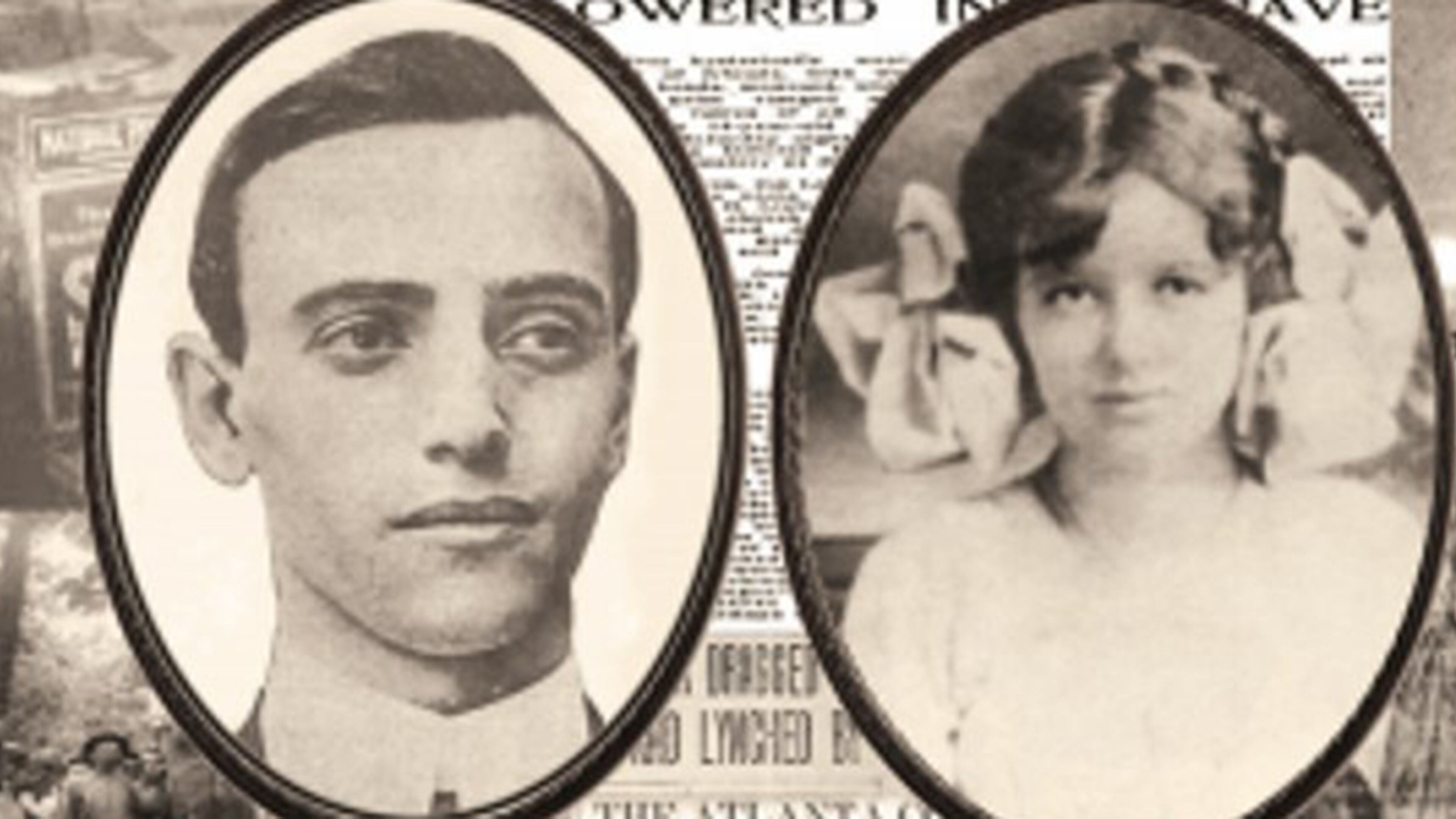Exploring infamous old case through today’s eyes

Richard Banz is executive director of The Southern Museum.
A century ago, on Aug. 17, 1915, Atlanta and Cobb County were locales for one of the 20th century’s most infamous crimes: the lynching of Leo Frank.
While the case is appropriately controversial, no one disputes certain facts:
- Mary Phagan, a 13-year old girl who was employed at the National Pencil Co., was found murdered.
- Leo Frank, the superintendent of the company, was arrested, tried and convicted of the crime.
- Frank was sentenced to death, although the Georgia governor at the time, John M. Slaton, commuted the sentence to life imprisonment.
- An angry mob of citizens gathered to abduct Frank from his prison cell and took him to what is now Roswell Road in Marietta, where he was lynched and his body was mutilated by the mob.
- Not one member of the lynch mob, while their identities were well known, was prosecuted or even indicted for the murder of Leo Frank.
Whether Leo Frank actually committed the crime remains a hotly disputed question. His abduction and execution horrified the Jewish community nationally. While lynching was commonly practiced as a terrorizing form of control and suppression against Southern African-Americans, Leo Frank is the only known Jewish man to have been lynched. One of the witnesses against him, Jim Conley, was himself a suspect. Unique to that time in the annals of the Georgia courts, the testimony of Conley, an African-American man, was considered “more convincing” than that of the white man he gave evidence against.
The Frank case was front-page news across the nation. The New York Times covered the case closely, writing numerous stories about it. The case was fraught with emotion and even a century later remains a signal incident because of the actions and reactions of people – noble and ignoble – it stimulated across the nation.
Perhaps most famously, the Frank case gave the recently organized Anti-Defamation League its first nationwide platform. To this day, the ADL monitors hate speech and seeks to address prejudice and anti-Semitism across the world.
The worldwide interest, ongoing debates and culture of discrimination depicted and spawned by the case has never been thoroughly vetted in the place where the lynching occurred, Cobb County.
The Jewish community in Atlanta and across the country rallied, and Leo Frank became the catalyst for organized national efforts to fight anti-semitism. In 2007, the William Breman Jewish Heritage Museum in Atlanta curated this exhibit — while artifacts from the show have traveled to other cities, the show in its entirety as created by the Breman has not been seen in Cobb County.
Today, The Southern Museum is spearheading the Breman’s exhibit, teaming with the Breman and Kennesaw State University’s Museum of History and Holocaust Education to produce the centerpiece of a 90-day program that includes the exhibit, “Seeking Justice: The Leo Frank Case Revisited,” lectures by noted historians, commemorative services at a variety of synagogues in Cobb County and the Atlanta area, and a staging of Atlanta playwright Alfred Uhry’s “Parade” at the Strand Theater on the Square in Marietta.
The world is still replete with prejudice, injustice, and vigilantism. These scourges, which seem to plague humankind again and again, demand further study. And while the detestable crime of lynching seems redolent of a far-removed era of ancient history, the evil practice was too often addressed with official indifference for several decades after the Leo Frank case. (The last in Georgia, a quadruple lynching of African-Americans, occurred in 1946, just 69 years ago.)
The Leo Frank case remains a horrible tragedy. It happened in our community. It exposed the dark and evil side of humanity. However, its aftermath resulted in gradual, but real progress, toward the ideal of dignity and justice that humanity longs for and embraces.
The Southern Museum in Kennesaw, famous for its Civil War and Southern railroad history collections, is obligated to explore the themes of prejudice and bigotry, how they manifested themselves a century ago, how they have been combated, and how Cobb County has evolved to a cosmopolitan community that celebrates freedom for all.
We invite the entire Atlanta community to join us and our partners, the Breman Museum and Kennesaw State, along with scholars, religious and civic leaders, to explore our common past and to engage in meaningful and open dialogue. Only in this way, can our future meet our exalted visions and produce a tomorrow where all of our children can thrive in diversity, peace, justice, and equality.


